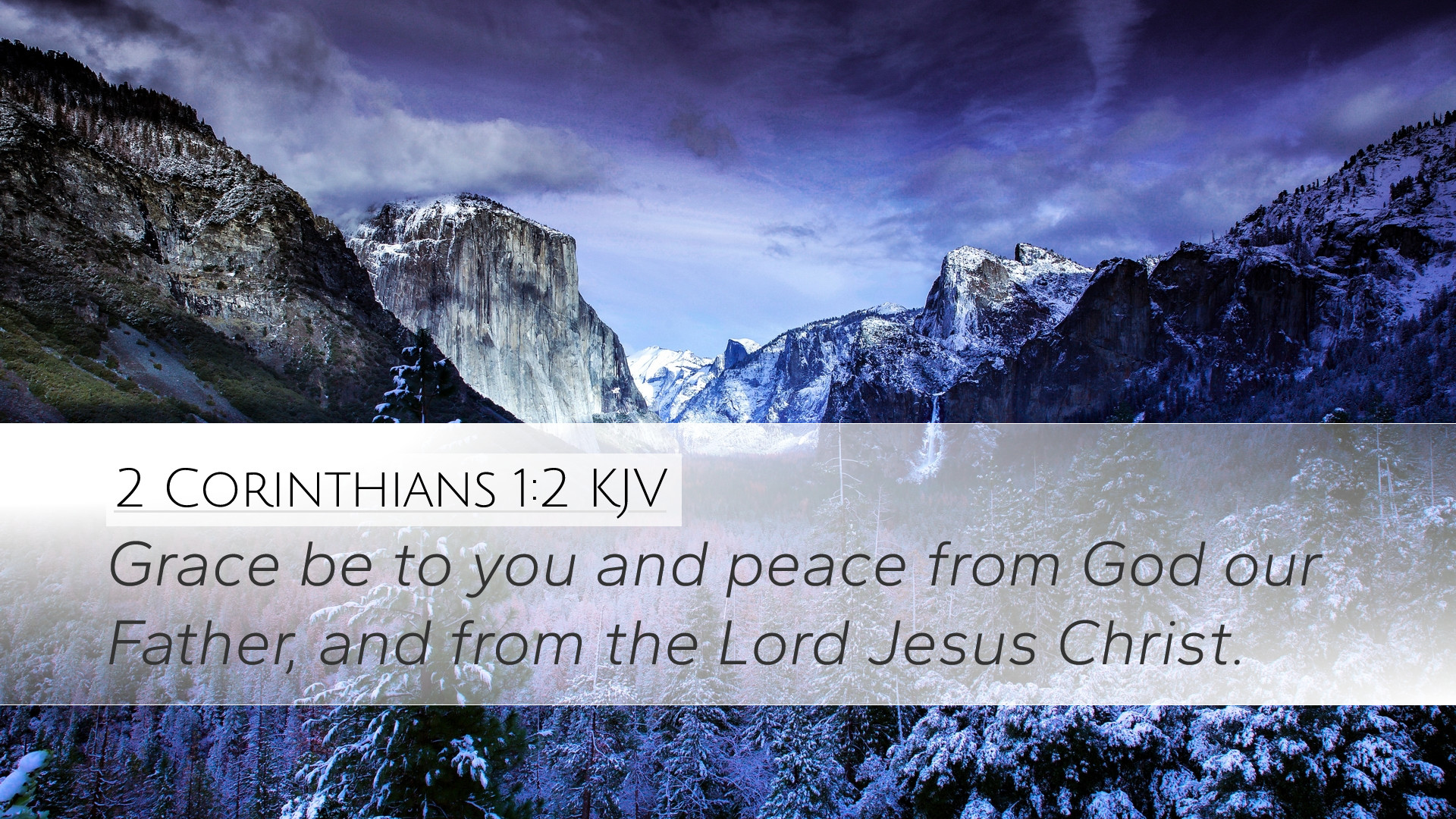Old Testament
Genesis Exodus Leviticus Numbers Deuteronomy Joshua Judges Ruth 1 Samuel 2 Samuel 1 Kings 2 Kings 1 Chronicles 2 Chronicles Ezra Nehemiah Esther Job Psalms Proverbs Ecclesiastes Song of Solomon Isaiah Jeremiah Lamentations Ezekiel Daniel Hosea Joel Amos Obadiah Jonah Micah Nahum Habakkuk Zephaniah Haggai Zechariah MalachiVerse
2 Corinthians 1:1 2 Corinthians 1:2 2 Corinthians 1:3 2 Corinthians 1:4 2 Corinthians 1:5 2 Corinthians 1:6 2 Corinthians 1:7 2 Corinthians 1:8 2 Corinthians 1:9 2 Corinthians 1:10 2 Corinthians 1:11 2 Corinthians 1:12 2 Corinthians 1:13 2 Corinthians 1:14 2 Corinthians 1:15 2 Corinthians 1:16 2 Corinthians 1:17 2 Corinthians 1:18 2 Corinthians 1:19 2 Corinthians 1:20 2 Corinthians 1:21 2 Corinthians 1:22 2 Corinthians 1:23 2 Corinthians 1:24

